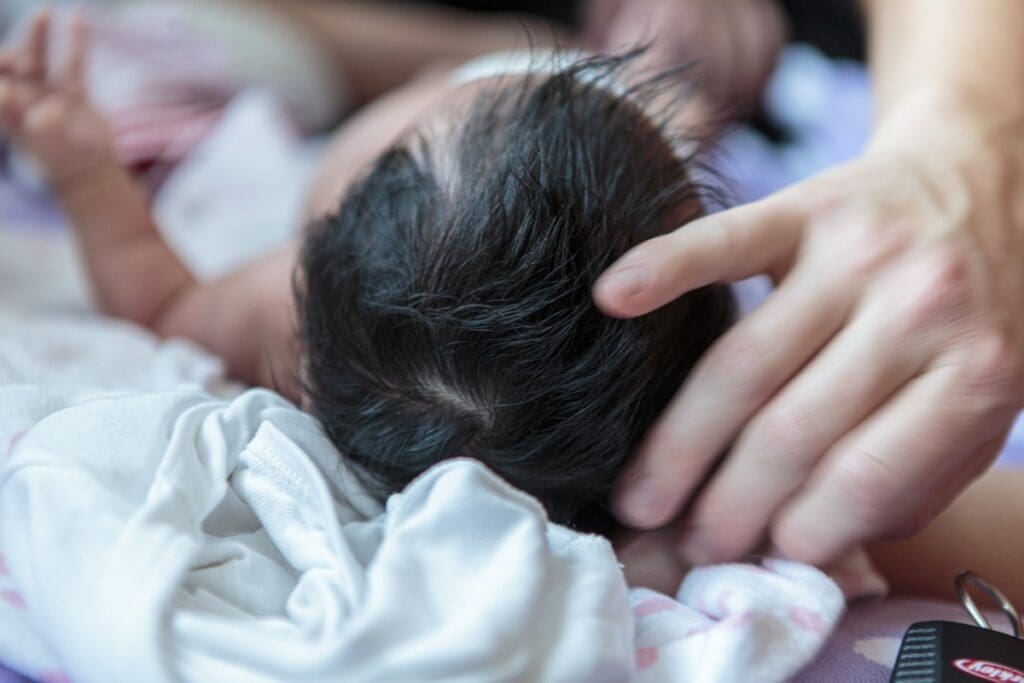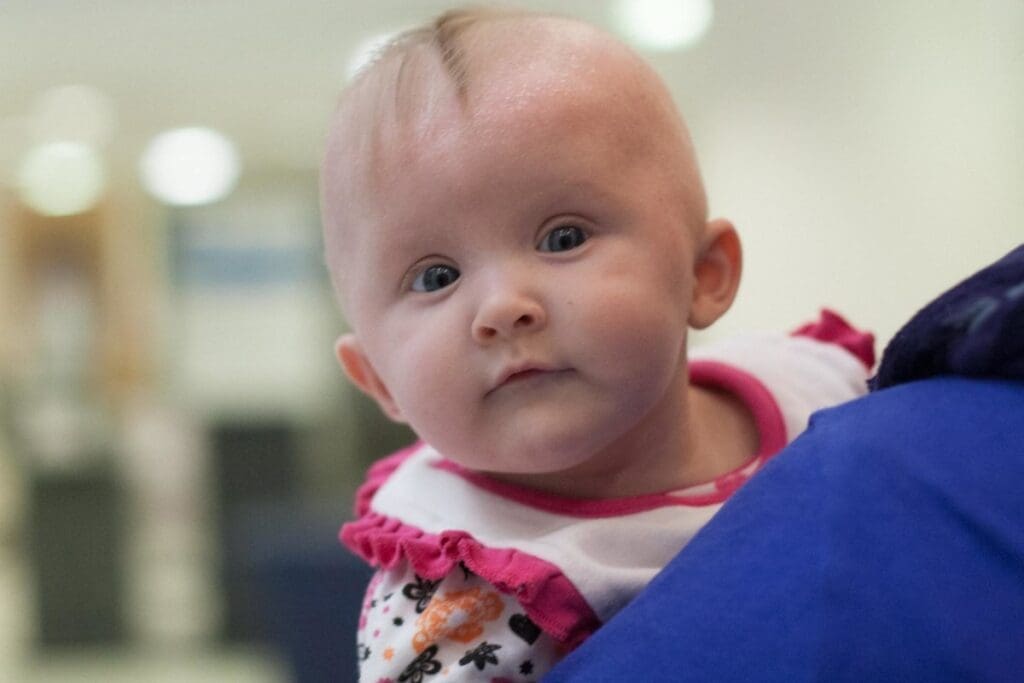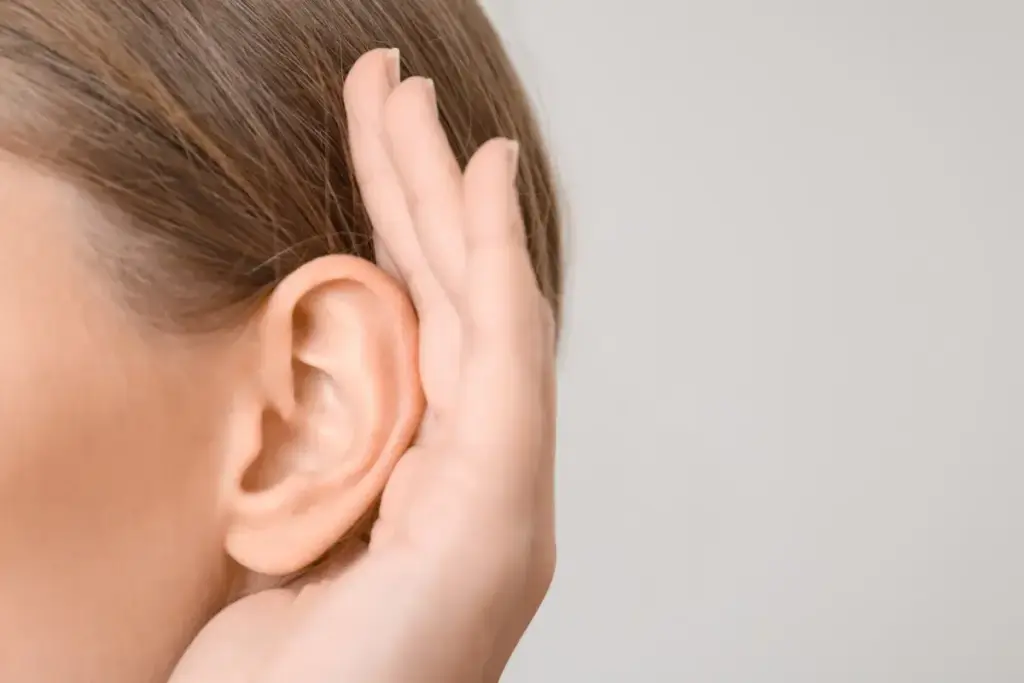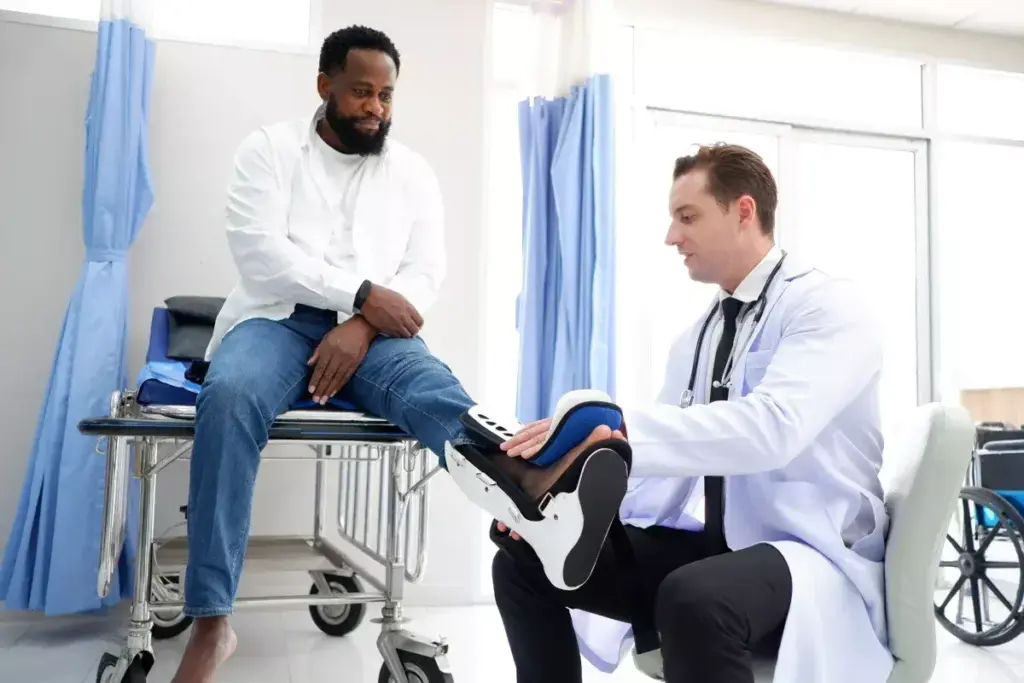Birth defects are a big problem worldwide, affecting millions of babies every year. At Liv Hospital, we focus on finding the causes to help these babies. We know that both genes and the environment play a big part in birth defects, including preventable conditions like fetal alcohol syndrome.
Teratogens, or harmful substances, are a big reason for birth defects. Being exposed to these substances can really hurt a baby’s growth. For example, Fetal Alcohol Spectrum Disorder (FASD) happens when a baby is exposed to alcohol before birth. This shows how complex birth defects can be.

Key Takeaways
- Birth defects are caused by a combination of genetic and environmental factors.
- Teratogens, such as certain chemicals and substances, contribute to birth defects.
- Fetal Alcohol Spectrum Disorder (FASD) is a significant condition resulting from prenatal exposure.
- Liv Hospital provides extensive care for babies with birth defects.
- Understanding the causes of birth defects is key to preventing them and improving health care.
1. The Multifactorial Nature of Birth Defects
Birth defects come from many sources, like genes and the environment. They are not caused by one thing alone. Instead, they result from a mix of different factors.

Global Impact: 7.9 Million Babies Affected Annually
Worldwide, about 6% of babies, or over 7.9 million, are born with serious birth defects. This big number shows how important it is to know what causes birth defects. It affects families and communities all over the world.
Some main things that can lead to birth defects include:
- Genetic changes or mutations
- Exposure to substances or chemicals during pregnancy
- Complications during pregnancy
A study in BMC Medicine found that genes and environment both play big roles in birth defects.
The Genetic-Environmental Interaction in Birth Defect Development
Birth defects are shaped by the mix of genes and environment. When the embryo is forming, harmful substances can greatly affect its growth.
Important parts of this mix include:
- Genetic risk to certain environmental factors
- The timing and amount of exposure to harmful substances
- Other health issues or lifestyle choices
Grasping this complex mix is key to stopping birth defects and helping families. By seeing birth defects as a mix of causes, we can lessen their number and their effects.
2. Fetal Alcohol Syndrome: A Leading Preventable Cause
Fetal Alcohol Syndrome is a major preventable cause of birth defects. It’s caused by alcohol exposure before birth. This leads to physical, behavioral, and cognitive problems.
Defining Fetal Alcohol Syndrome and Its Prevalence
Fetal Alcohol Syndrome has specific facial features, growth issues, and brain problems. It’s a big public health issue worldwide. The National Institute on Alcohol Abuse says it’s part of Fetal Alcohol Spectrum Disorders (FASD).

Manifestations Across the Fetal Alcohol Spectrum Disorder
FASD includes FAS and other conditions. These can vary a lot among people. Symptoms include facial changes, growth issues, and brain problems like learning disabilities.
Long-Term Consequences in Children and Adults with FASD
FASD effects last a lifetime. Kids may struggle in school and with the law. Adults might have trouble finding jobs and keeping relationships.
Knowing about FASD helps us support those affected. There’s no safe amount of alcohol during pregnancy. Education is key to preventing FAS and FASD.
3. Medication and Chemical Teratogens
Exposure to certain medications and chemicals is a big worry for pregnant women. These can cause birth defects. We’ll look at the risks of prescription drugs and chemicals like pesticides and heavy metals.
Prescription Medications That Cross the Placental Barrier
Some prescription drugs can get into the fetus. Medications like anticonvulsants, antidepressants, and some antibiotics can be harmful. Pregnant women should talk to their doctors about any drugs they’re taking.
Environmental Chemicals: Pesticides, Solvents, and Heavy Metals
Chemicals like pesticides and heavy metals are also a risk. They’re in many things we use every day. For example, pesticides can increase the chance of birth defects.
Common environmental chemicals include:
- Pesticides used in farming and gardening
- Solvents found in factories and some home products
- Heavy metals like lead and mercury in water and some fish
The Alarming 80% Exposure Rate Among Pregnant Women
Up to 80% of pregnant women are exposed to harmful substances. This high rate shows we need to be careful. Pregnant women should know the risks and try to avoid them.
To lower exposure, pregnant women can:
- Check labels and avoid harmful products
- Wear protective gear when working with chemicals
- Choose organic food to avoid pesticides
4. Maternal Infections That Cause Birth Defects
Maternal infections are a big problem worldwide. They can harm the fetus during pregnancy. This can lead to different birth defects.
These infections include viruses, bacteria, and parasites. For example, rubella, Zika virus, toxoplasmosis, and cytomegalovirus can all cause problems. They can lead to serious birth defects.
Viral Threats: From Rubella to Zika Virus
Viral infections during pregnancy are a big worry. They can cause serious birth defects. Rubella, or German measles, is one example. It can cause heart problems, hearing loss, and vision issues.
The Zika virus is another concern. It can cause microcephaly and other brain problems. It’s important to avoid mosquito bites during pregnancy.
Other viruses, like cytomegalovirus (CMV), can also harm the fetus. They can cause hearing loss, developmental delays, and vision problems in babies.
Bacterial and Parasitic Infections During Pregnancy
Bacterial and parasitic infections are also risks during pregnancy. Toxoplasmosis, caused by Toxoplasma gondii, can lead to vision and hearing loss. It can also cause developmental problems.
To prevent these infections, it’s important to avoid undercooked meat and cat feces. Vaccination against rubella and good hygiene are also key.
Preventing maternal infections is vital to avoiding birth defects. Vaccination, good hygiene, and avoiding undercooked foods are important. Taking steps to prevent the Zika virus is also essential.
Knowing the risks and taking action can help prevent birth defects. Prenatal care and education on prevention are critical. They help protect the health of both mother and baby.
5. Congenital Heart Defects and Other Common Malformations
Congenital heart defects are a big health problem worldwide. These are structural problems in the heart that babies are born with. They can affect the heart’s walls, valves, or blood vessels.
Why Heart Defects Remain the Most Common Birth Anomaly
Congenital heart defects are the most common birth defect, affecting many newborns. The exact causes are not fully understood. But research shows that genetic and environmental factors are key.
Some known risk factors include:
- Family history of heart defects
- Maternal infections during pregnancy, such as rubella
- Exposure to certain chemicals or medications during pregnancy
- Pre-existing health conditions in the mother, such as diabetes
Knowing these risk factors helps with prevention and early intervention.
The Mystery Factor: When Causes Remain Unknown
Despite medical progress, many birth defects, including heart defects, have unknown causes. This makes prevention hard.
A leading medical expert said, “Understanding birth defect causes is key for prevention.” This shows how vital research is for finding causes and preventing these issues.
“The prevention of birth defects is a complex issue that requires a multifaceted approach, including public health initiatives, education, and research.”
– Expert in Maternal and Child Health
We keep studying congenital heart defects and other malformations. Our goal is to find causes and improve prevention.
6. Conclusion: Prevention Strategies and Healthcare Innovations
Prevention and healthcare innovations are key to lowering birth defect rates. Quality prenatal care helps spot and manage risks in fetal development. We need ongoing research and better healthcare to lessen the impact of foetal disorders.
Fetal Alcohol Spectrum Disorder (FASD) is a big worry. It affects people all their lives. Knowing fasd symptoms is important for helping those affected, even as adults.
Hospitals like Liv Hospital show their dedication to care. They mix quality prenatal care with new medical methods. This helps lower birth defect rates and improves care for those affected.
FAQ
What is the leading preventable cause of birth defects?
Fetal alcohol syndrome (FAS) is a major preventable cause of birth defects. It happens when a mother drinks alcohol while pregnant.
What is Fetal Alcohol Spectrum Disorder (FASD)?
Fetal Alcohol Spectrum Disorder (FASD) is a group of conditions. They occur in kids whose moms drank alcohol while pregnant. These kids may face physical, behavioral, and thinking problems.
How many babies are affected by birth defects annually?
About 7.9 million babies are born with birth defects every year. This shows how big of a problem birth defects are worldwide.
What are teratogens, and how do they cause birth defects?
Teratogens are things that can harm a fetus and cause birth defects. Examples include alcohol, some medicines, and chemicals like pesticides and heavy metals.
Can maternal infections during pregnancy cause birth defects?
Yes, infections like rubella and the Zika virus can cause birth defects. They can harm the fetus’s growth.
Why are congenital heart defects the most common birth anomaly?
Congenital heart defects are the most common because the heart is complex. It develops during fetal growth and can be affected by many factors.
Is there a safe level of alcohol consumption during pregnancy?
No, there’s no safe amount of alcohol during pregnancy. Any alcohol can harm the fetus and lead to Fetal Alcohol Spectrum Disorder (FASD).
What role do genetic susceptibility and environmental factors play in birth defects?
Genetic and environmental factors work together to cause birth defects. If a fetus is genetically predisposed, it’s more likely to be harmed by environmental exposures.
How can birth defects be prevented or minimized?
To prevent or lessen birth defects, it’s important to get good prenatal care. Avoid harmful substances and manage infections.
What is the significance of comprehensive care in managing birth defects?
Getting care from places like Liv Hospital is key to managing birth defects. They offer new treatments, support, and help to families.
References
Alwan, S., & Chambers, C. D. (2015). Identifying human teratogens: An update. Current Opinion in Pediatrics, 27(1), 60-67. https://www.ncbi.nlm.nih.gov/pmc/articles/PMC4918715/










